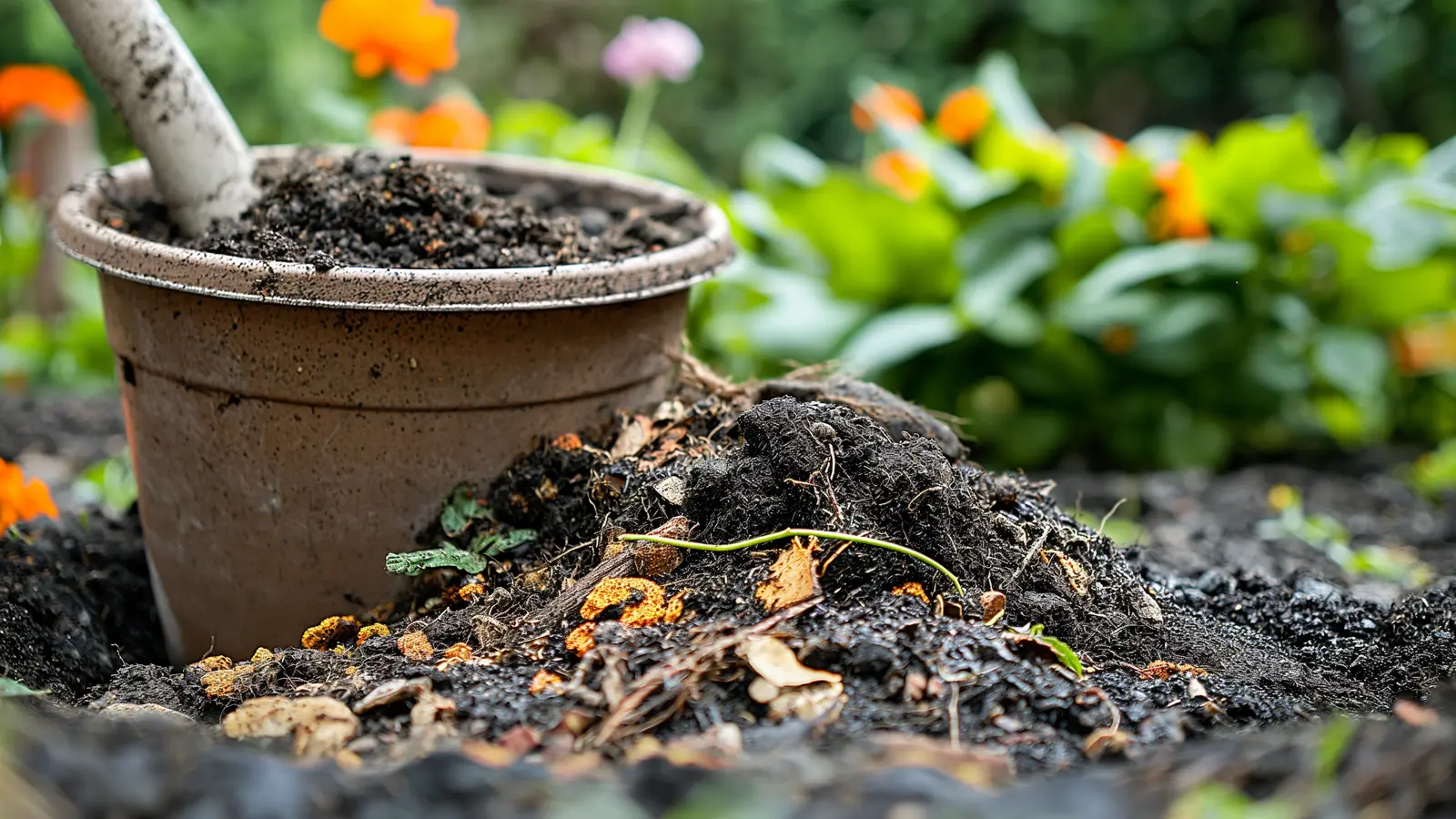Introduction
Composting garden waste is one of the most effective and eco-friendly ways to recycle organic materials and enrich your soil. Instead of disposing of leaves, grass clippings, and plant trimmings, composting transforms these scraps into nutrient-rich humus that supports healthy plant growth. This article explores the essentials of composting garden waste, answering common questions and providing expert tips to help you start or improve your composting practice.
By understanding how to compost garden waste properly, you contribute to reducing landfill waste, lowering greenhouse gas emissions, and enhancing your garden’s fertility naturally. Whether you are a beginner or an experienced gardener, this guide offers practical advice on the best materials, composting methods, and troubleshooting techniques to achieve high-quality compost efficiently.
What Is Composting and Why Compost Garden Waste?
Composting is the natural process of breaking down organic matter by microorganisms, fungi, and insects, resulting in a rich, dark soil amendment called compost. Garden waste such as leaves, grass clippings, weeds, and small branches provide the carbon and nitrogen needed for this process.
Benefits of Composting Garden Waste
- Reduces landfill waste: Composting diverts a significant amount of organic waste from landfills.
- Improves soil health: Compost enhances soil structure, water retention, and nutrient availability.
- Lowers greenhouse gas emissions: Proper composting prevents methane emissions that occur when organic waste decomposes anaerobically in landfills.
- Saves money: You reduce the need for chemical fertilizers and soil conditioners.
According to the EPA, food and yard waste make up about 30% of what we throw away. Composting garden waste is a practical way to tackle this problem locally.
How to Compost Garden Waste Effectively
Successful composting depends on balancing materials, moisture, and aeration. Here are the key steps:
1. Choose the Right Materials
- Green materials (nitrogen-rich): Grass clippings, fresh leaves, vegetable scraps, coffee grounds.
- Brown materials (carbon-rich): Dry leaves, straw, shredded paper, small branches.
Aim for a carbon-to-nitrogen (C:N) ratio around 25-30:1 for optimal microbial activity.
2. Prepare and Layer the Compost Pile
- Chop or shred larger pieces to speed decomposition.
- Alternate layers of green and brown materials.
- Keep the pile moist, similar to a wrung-out sponge.
3. Maintain Aeration
- Turn the pile every 1-2 weeks to introduce oxygen.
- Use garden forks or compost aerators.
4. Monitor Temperature
- A healthy pile heats up to 130-160°F (55-70°C) within days.
- High temperatures kill pathogens and weed seeds.
Common Challenges and How to Solve Them
Composting garden waste can sometimes encounter issues. Here’s how to troubleshoot:
Pile Smells Bad
- Cause: Too much green material or moisture.
- Solution: Add more brown materials and turn the pile to aerate.
Pile Is Dry and Not Decomposing
- Cause: Lack of moisture.
- Solution: Water the pile evenly and cover it to retain moisture.
Pile Attracts Pests
- Cause: Food scraps or improper materials.
- Solution: Avoid meat, dairy, and oily foods; cover fresh scraps with browns.
Expert Tips for Accelerating Composting
- Use compost activators like finished compost or manure to introduce beneficial microbes.
- Maintain small particle sizes by shredding waste to increase surface area.
- Locate the compost bin in a shaded, well-drained area to maintain consistent conditions.
- Use a compost thermometer to track progress and know when to turn the pile.
Real-World Example: Community Garden Success
A community garden in Portland, Oregon, implemented a compost program using garden waste and kitchen scraps. Within six months, they reduced landfill contributions by 40% and increased vegetable yields by 25% due to improved soil health. This case highlights how composting garden waste supports sustainable urban agriculture.
Conclusion
Composting garden waste is a practical, sustainable practice that benefits your garden and the environment. By understanding the right materials, maintaining proper conditions, and troubleshooting common problems, you can create nutrient-dense compost that enhances soil fertility naturally. Start small, stay consistent, and watch your garden flourish while reducing waste.
Remember, every leaf and clipping composted contributes to a healthier planet. Take action today by turning your garden waste into valuable compost and nurturing your green space sustainably.
